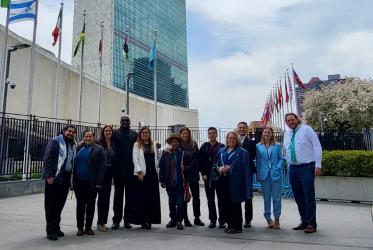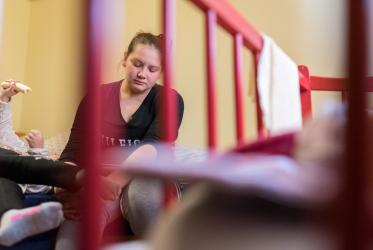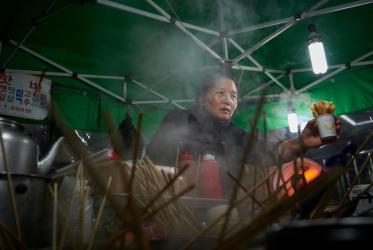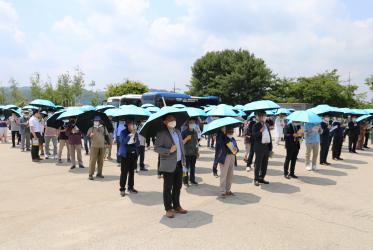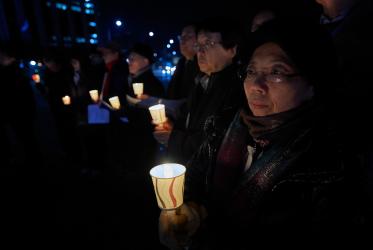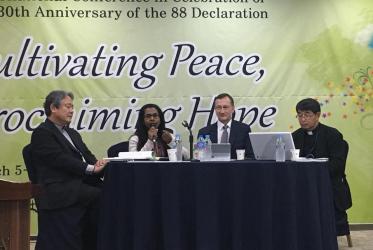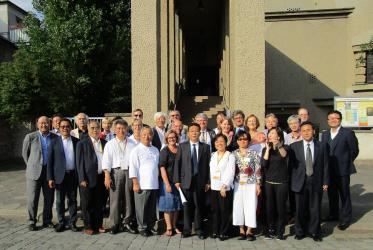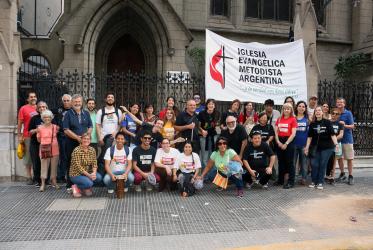Displaying 1 - 20 of 25
WCC welcomes “powerful sign of hope” on Korean Peninsula
08 March 2018
Churches help keep memories alive for Argentinian people
07 April 2016
WCC mourns the death of Leopoldo Niilus
10 February 2015
Use of armed drones condemned by WCC
13 February 2014
